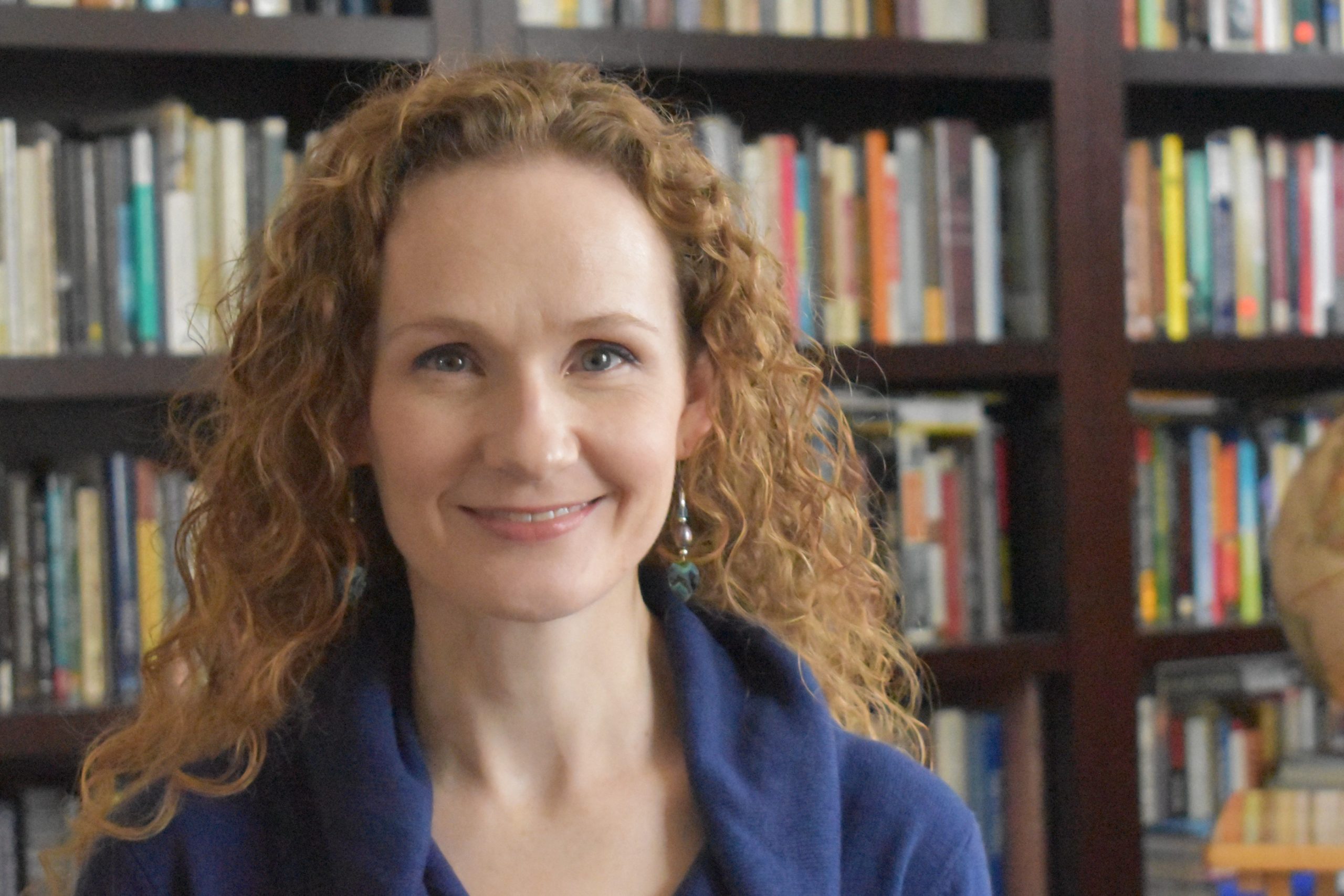In his televised comments during the January 6 mob assault on the US Capitol building, Joe Biden said, “This is not who we are” (clear evidence to the contrary).
I know what he meant: This is not how Americans solve disagreements. We don’t try to subvert an election through violence. We are better than this. Hortatory rhetoric aside, though, he raises a key question: Just who are we, as a nation, today?
Clearly, our democracy is seriously weakened. We have allowed a steady parade of lies to pollute our discourse and rend our shared reality. We have engaged in false equivalence, excusing the trespasses of our own side while skewering our opponents. We have behaved cynically, transforming public life into political theater.
But this list of civic vices does not exhaust the depth of who we are, as a nation, today. We are also the richest country in human history, and yet nearly one in six American children grows up in poverty. We have the most advanced medical technology in the world, yet medical bills are still the major contributor to personal bankruptcy. We have superstar cities full of tech billionaires… and homeless camps. These deep disparities cause people to lose faith in our political system.
Moreover, we have people on both ends of the political spectrum who seem no longer to believe in liberal democracy. Some of those people have been fed an endless diet of deep-state conspiracy theories. Others have committed to ideologies that cast the entire liberal order as oppressive or illegitimate. But perhaps more than this, we have allowed democracy to wither through neglect. We have treated stable, democratic government like a luxury good, until that is what it has become: a system that seems designed to serve the privileged few at the expense of the many.
In 1995, Jean Bethke Elshtain wrote a little book, Democracy on Trial, in which she noted many of the trends now threatening American democracy and called us to recommit to the democratic dispositions necessary to its success. Five years after that, at the turn of the new millennium, she wrote her most theological book, Who Are We?, in which she suggested that forgetting who we are has left us unable to perceive our situation clearly, and thus unable to act rightly. Although she had “joined the ranks of the nervous,” she still maintained a democratic faith that sustained a hope that we could yet become whom our founding principles proclaim us to be.
January 6, 2021, would have been Elshtain’s eightieth birthday. I can only imagine how she would have responded to the events of the day. I do not think she would have been surprised, but nor would she have despaired. Neither should we.
If this is who we are today, it is not who we are condemned to be. The outcome is not foreordained. If we remember what we have forgotten, and repent of what we have done, we can regain what we have lost and perhaps even emerge a stronger, more just society—but only if we recommit to the civic virtues necessary for democratic self-government and to the principles of liberty, justice, and equality under the law that undergird it.







 Sponsor a student for Christianity & National Security 2024
Sponsor a student for Christianity & National Security 2024